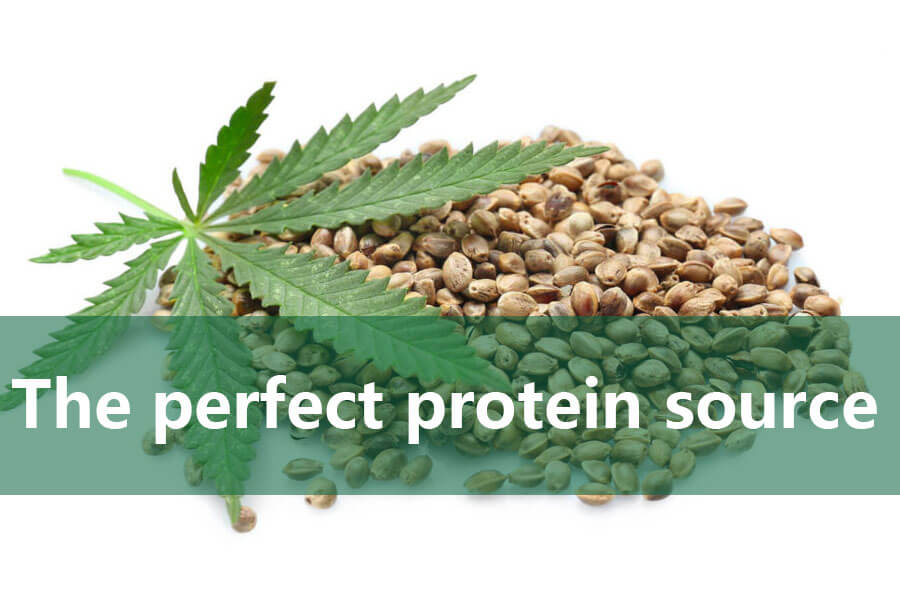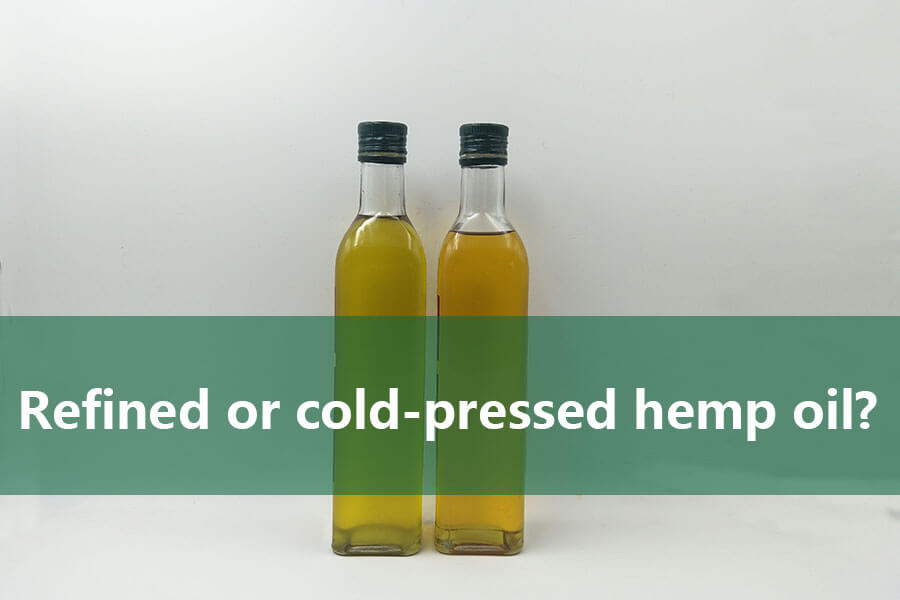In recent years, the conversation around sustainable agriculture has intensified, with a growing recognition of the need for practices that support ecosystem health and resource conservation. One crop that stands out in this dialogue is hemp. Hemp cultivation, particularly when organic, and the production of hemp seed oil, offer a myriad of environmental benefits that align with the principles of sustainability.
The Rise of Organic Hemp
Hemp, a variety of the Cannabis sativa plant species, has been cultivated for thousands of years for its fiber, seeds, and oil. With minimal requirements for water and a robust resistance to pests, hemp is an ideal candidate for organic farming. Organic hemp cultivation eschews the use of synthetic pesticides and fertilizers, reducing the chemical load on the environment and promoting biodiversity.
Water Conservation
Hemp’s deep root system allows it to efficiently use water, making it a drought-tolerant crop. This characteristic is particularly beneficial in areas where water scarcity is a concern. By requiring less irrigation than conventional crops, hemp conserves water resources, which is crucial for the sustainability of agriculture in arid regions.
Soil Health
Organic hemp farming practices contribute to soil health. Hemp’s rapid growth and dense canopy reduce weed growth, limiting the need for herbicides. Its deep roots prevent soil erosion and help aerate the soil, promoting the growth of beneficial microorganisms. Moreover, hemp is a phytoremediator; it can absorb contaminants from the soil, thereby cleaning and restoring it for future crops.
Hemp Seed Oil: A Sustainable Product
The seeds of the hemp plant are used to produce hemp seed oil, a product with both culinary and industrial applications. The oil is rich in essential fatty acids, proteins, and antioxidants, making it a nutritious addition to the diet. From an environmental perspective, hemp seed oil production is sustainable due to the efficient use of the entire hemp plant.
Low Impact Processing
The process of extracting oil from hemp seeds is relatively simple and can be done mechanically, without the need for harmful solvents. This low-impact processing method ensures that the environmental footprint of hemp seed oil production remains small.
Byproduct Utilization
After oil extraction, the remaining hemp seed cake is not wasted. It can be used as a high-protein animal feed or further processed into flour for human consumption. This efficient use of byproducts minimizes waste and exemplifies the principles of a circular economy.
Economic and Social Sustainability
The cultivation of organic hemp and production of hemp seed oil also contribute to economic and social sustainability. Hemp farming can provide a profitable alternative for farmers, diversifying their income streams and reducing reliance on monoculture. The hemp industry creates jobs in rural areas, supporting local economies and communities.
Regulatory Landscape
The legal status of hemp has been a barrier to its widespread adoption. However, recent changes in legislation in many countries have opened up opportunities for hemp cultivation. As regulations continue to evolve, the potential for hemp to contribute to sustainable agriculture grows.
Conclusion
Organic hemp cultivation and hemp seed oil production represent a convergence of environmental, economic, and social benefits. As the world seeks solutions to the pressing challenges of climate change and resource depletion, hemp stands out as a crop that can help pave the way towards a more sustainable future.


